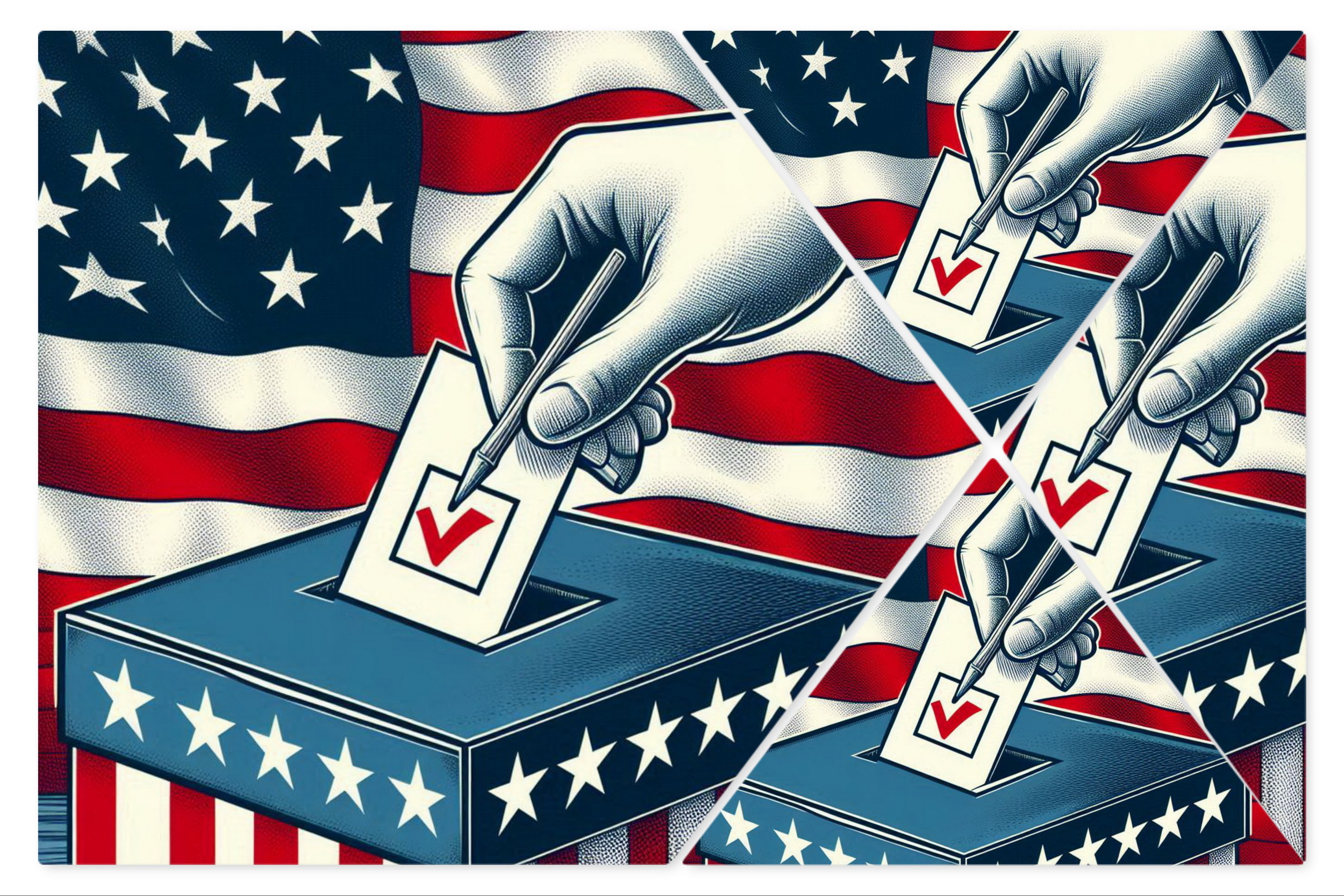The 2024 U.S. presidential elections have been shaken by a series of political events in recent weeks. Here is a brief overview of how either government would address these challenges and the possible repercussions for geopolitical stability, U.S. national security policy, and the markets. Vice President Kamala Harris has assumed a significant role in the Biden administration’s foreign policy. In almost every area, the vice president’s stance on foreign policy closely aligns with President Biden’s. Therefore, regarding a possible Harris administration’s foreign policy, we should expect “more of the same” with continuity in both approach and personnel.
This means continuing to focus on protecting and promoting strategic sectors in industries critical to great power competition with China, such as artificial intelligence, quantum computing, biotechnology, and others (Harris, in particular, has supported U.S. export controls and restrictions on foreign investment in advanced semiconductors). It also means continuing to deepen relationships with U.S. allies in both economic and national security domains, including ongoing U.S. support for Ukraine and Taiwan, and increasing reliance on NATO and other multilateral organizations or initiatives. Her choice of Tim Walz as her running mate could be a differentiating factor in relations with China, as Walz – though highly critical of the Chinese Communist Party – has a strong personal relationship with the country and its culture.
Trump: His policy would likely reflect a similar approach to his first administration.
In summary, we would expect a more transactional U.S. foreign policy, similar to what we saw during President Donald Trump’s first administration, particularly regarding Ukraine and Russia, and including Taiwan.
Trade would also likely shape U.S. foreign policy in a second Trump administration. The former president’s promise to impose significant trade tariffs on China – as well as on some U.S. allies in Europe and the Indo-Pacific – would likely be a key feature of Trump 2.0’s approach to the world, almost certainly adding new tensions to U.S.-China relations, as well as new frictions with traditional U.S. allies.
Investment Implications: More winners and losers in the “new era” regardless of policy.
Regardless of the outcome in November and the differing policy priorities of Vice President Harris and former President Trump, the global geopolitical environment will remain challenging, likely for the next several years. In such an uncertain national security environment, U.S. leaders and other policymakers around the world will continue to emphasize national security, often at the expense of economic efficiency.
Therefore, investors should prepare for a very different context than in previous periods, including selective protectionism as the new normal, an increasing likelihood of inflation and structurally higher interest rates, more differentiated macroeconomic cycles, and lower global growth than what was seen during the “Goldilocks” period of globalization.



